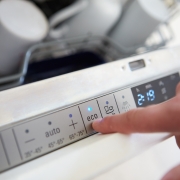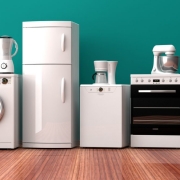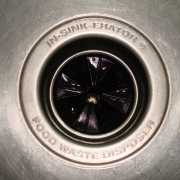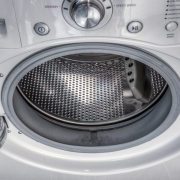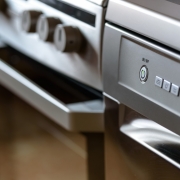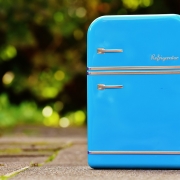How To Efficiently Manage Your Appliance’s Energy Through The Winter
As the winter season approaches, many homeowners start to worry about the impact that their energy use will have on their finances and the environment.
For the most part, winter is a happy season, full of fun shopping, time with family and friends, and lots of good food to enjoy. But it can also be a very costly time of the year, and the increased energy use during that time period can quickly put a strain on their appliances and their finances. As the temperature drops and you rely more on your appliances to get you through the colder days, having a few tips in mind can ease the sting of those energy bills when they come through plus can help ease the stress on your appliances giving them a longer lifespan. Below are some simple suggestions that will help relieve some of the stress on your many appliances and keep you comfortable at the same time.
Insulation: First, make sure that your home is properly insulated. This will help to prevent heat from escaping out into the cold outdoors or letting the cold air seep inside. By doing this, your heating system won’t have to work continuously to maintain a comfortable temperature in your home.
Thermostat: It can also help to install a programmable thermostat so that you can lower the amount of excess heat it might be generating. If you’re going to be home most of the day, it makes sense to have the heat turned off, but with a programmable thermostat, you can have it turned on at a specific time so that it is nice and warm when you arrive. This will allow your heater to rest when not needed and help save on your energy costs at the same time.
Water heater: Lower the temperature on your water heater or get an on-demand one. These will prevent the need to keep water warm when it is not needed. Ideally, it should be set to about 120F, which is the optimum temperature for warmth without it being scalding.
Unplug: Unplug your appliances when not in use. This will significantly lower your energy consumption, especially when you are away from home. Electronics, when plugged in continue to consume energy even when they are turned off, so simply unplugging them can be a surprisingly effective way to save money and extend the life of your appliances at the same time.
Use a surge protector: During the winter, we tend to use a lot more power than we would normally. We usually have extra lights, holiday decorations, and we tend to cook a lot more than we do at other times of the year. Because of this extra surge of energy throughout your home, it is a smart idea to use a surge protector. It will protect your smaller appliances against power surges and voltage spikes and allow you to use multiple appliances at the same time. It also gives you the added convenience of being able to turn everything off with the flip of one switch.
Change your filters: At the very least, you should replace your filters so that they don’t have to work so hard to give you the warmth you need. If you have wood or pellet burning heaters, make sure that the inside of the vents are thoroughly cleaned with a wire brush. This will help to get your home heated more efficiently.
Get a maintenance check: Finally, it is not too late to get a maintenance check done on your heating system. The sooner you get it serviced, the more comfortable your winter months will be. This can be done with just a simple phone call to your local appliance repair company. They can come out and check all your systems and bring them up to their optimum potential.
Whether you have small or large appliances, winter months puts a lot of added work on them. In order for you to ensure they have a long life and don’t quit on you when you need them the most, it is smart to think ahead and follow these basic tips in order to ensure that your winter season will be as comfortable as possible. For all of your needs with appliance repair in SF, contact us today by visiting our website or calling us at this number (415) 831-1259.

